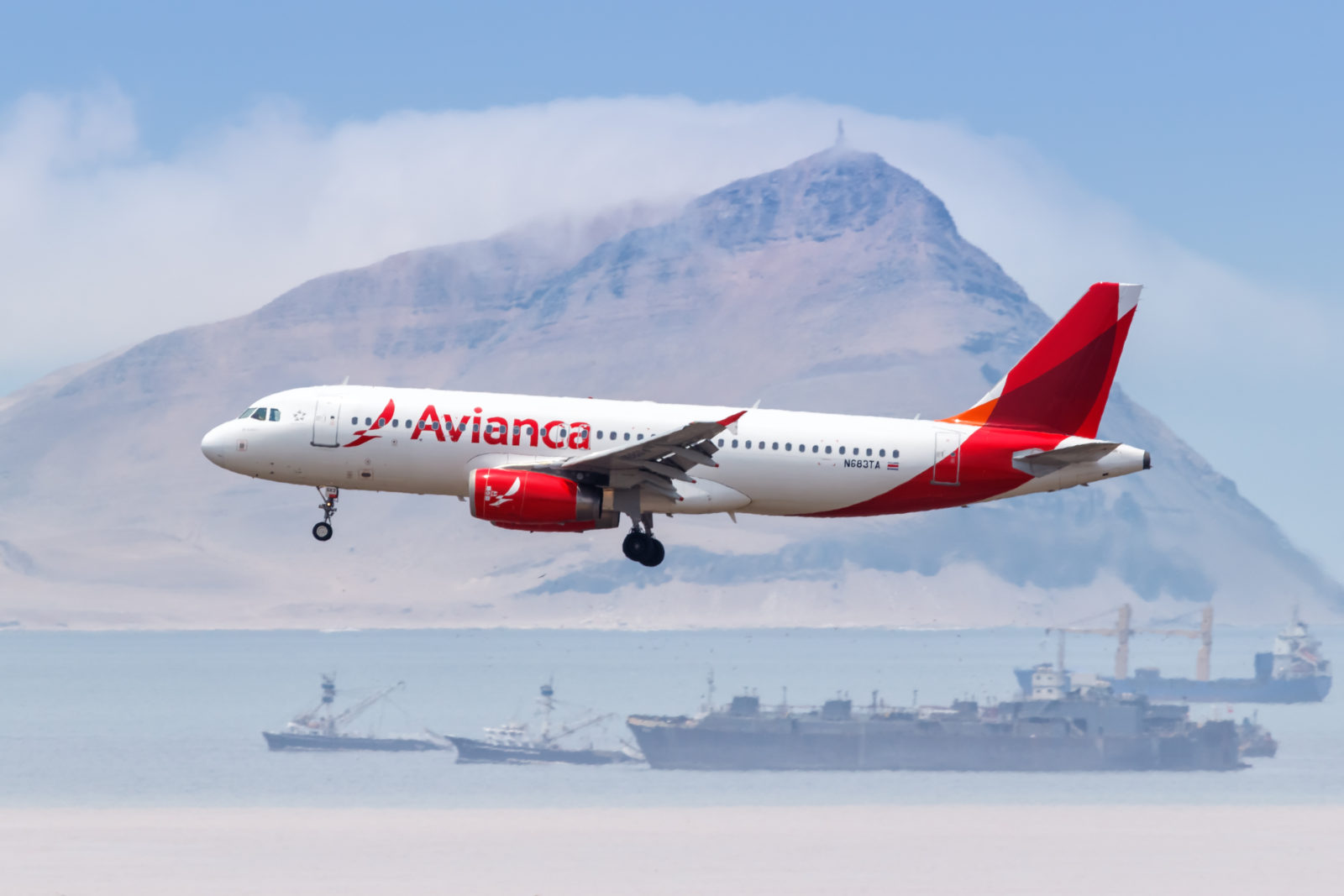
The tiny Central American country of El Salvador has introduced a controversial new airport passenger tax that equates to $1,130, but which only applies to passengers from Africa and India, who will be required to pay the charge on entering the country through El Salvador International Airport.
The Autonomous Port Executive Committee of El Salvador has claimed that the new tax is an airport improvement charge which will help to pay to update the airport’s infrastructure to deal with the increasing number of passengers, although there could be another explanation for the tax.
Observers believe the tax is deliberately targeting migrants from Africa and India who are increasingly flying into El Salvador to pick up the so-called ‘Donkey Route’ to enter the United States illegally.
El Salvador is one of only a handful of countries in the region which allow Indian citizens and many African nationalities to enter visa-free, and while El Salvador isn’t looking to stem the flow of migrants by introducing a visa requirement, the country will now start passengers from these countries.
The new tax will apply to citizens of 57 countries, regardless of where they start their journey or where they normally reside. The tax came into force on October 23 and retroactively applies to passengers who booked tickets before the charge came into force.
El Salvador is well-known in India as a potential entry point into the United States, although migrants must first make the perilous journey through Guatemala and Mexico before reaching the southern border with the U.S.
The number of people making this journey has grown exponentially in recent years, with the number of Indian nationals apprehended by Customs and Border Protection on the southern border increasing from just 76 in 2007 to nearly 9,000 in 2018.
Between January and April 2023, however, the number of Indian citizens caught trying to enter the U.S. illegally through the southern border ballooned to nearly 18,000.
The new tax won’t necessarily stop migrants from using El Salvador as a means to enter Central America en route to the United States, but it will allow local officials to make more money out of passengers using the country as a ‘donkey stop’ before continuing northwards.
TOTH: One Mile at a Time
Mateusz Maszczynski honed his skills as an international flight attendant at the most prominent airline in the Middle East and has been flying ever since... most recently for a well known European airline. Matt is passionate about the aviation industry and has become an expert in passenger experience and human-centric stories. Always keeping an ear close to the ground, Matt's industry insights, analysis and news coverage is frequently relied upon by some of the biggest names in journalism.







